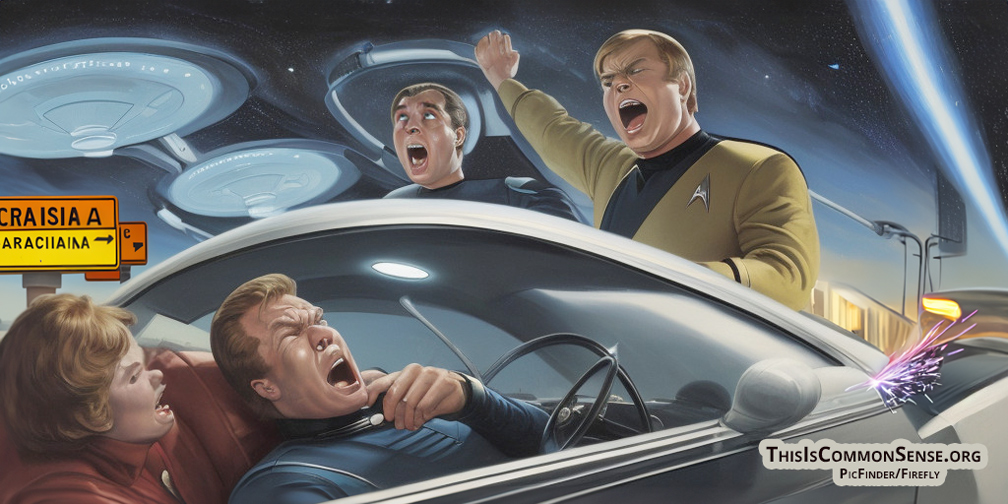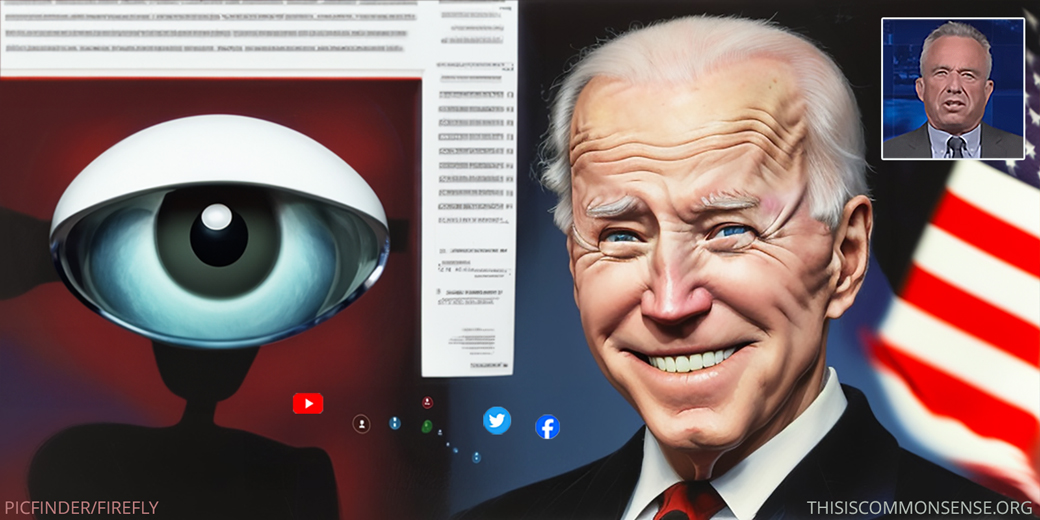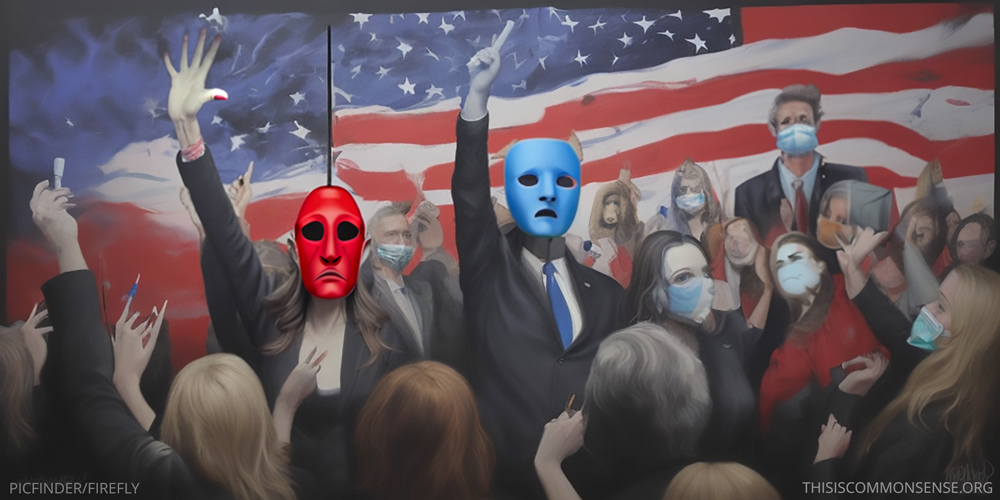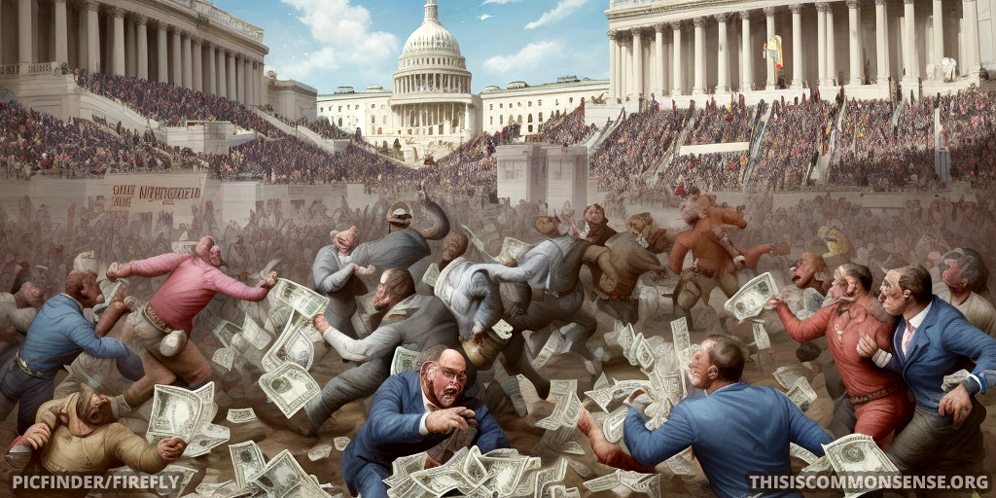This April, a Nashville homeowner shot an intruder intent on burglary.
Also this month, a St. Louis apartment dweller shot an intruder who threatened to kill his family.
A Newport Beach homeowner recently shot an intruder as well.
Aside from the obvious, what do such incidents, often in newspapers, have in common? The government is hiding research about them.
In December 2022, Fox News reported that to appease gun control activists, the Centers for Disease Control had deleted reference to a study on how often guns are used in self-defense from its
The CDC-commissioned study by Gary Kleck showed that “instances of defensive gun use occur between 60,000 and 2.5 million times” annually. But in 2021, after being lobbied by the gun control activists, the CDC pretended that Kleck’s study didn’t exist.
Kleck said: “CDC is just aligning itself with the gun-control advocacy groups. . . . ‘We are their tool, and we will do their bidding.’ And that’s not what a government agency should do.”
CDC’s conduct was not new. In 2018, Capital Research had asked why the agency was “Hiding Its Defensive Gun Use Statistics.”
For decades, we’ve had abundant data on how gun owners defend themselves from violent bad guys. CDC, which investigates something or other related to this subject, won’t share all that it knows.
We can’t legally require the media to stop hiding critical information. But we should be able to require our government to stop doing so.
This is Common Sense. I’m Paul Jacob.
Illustration created with PicFinder and Firefly
—
See all recent commentary
(simplified and organized)





